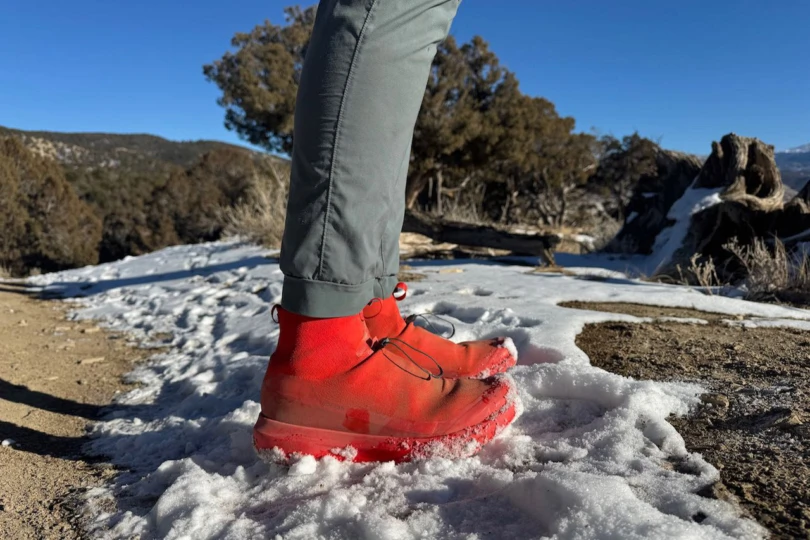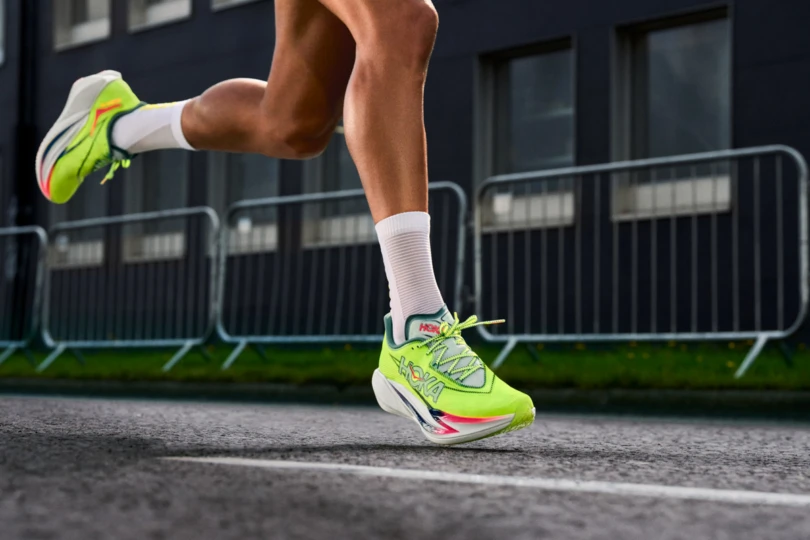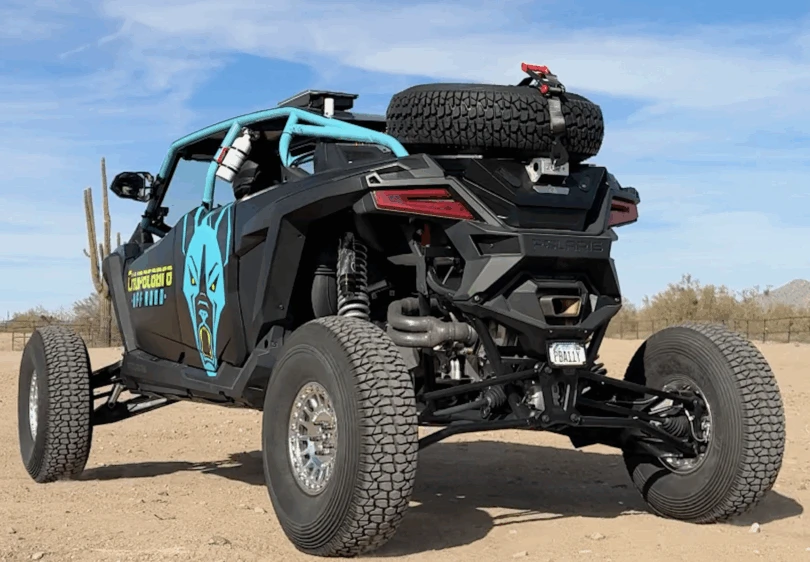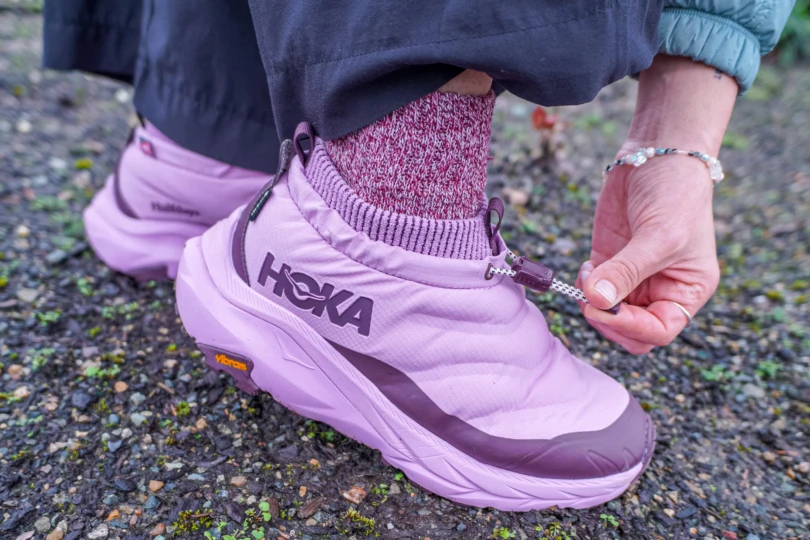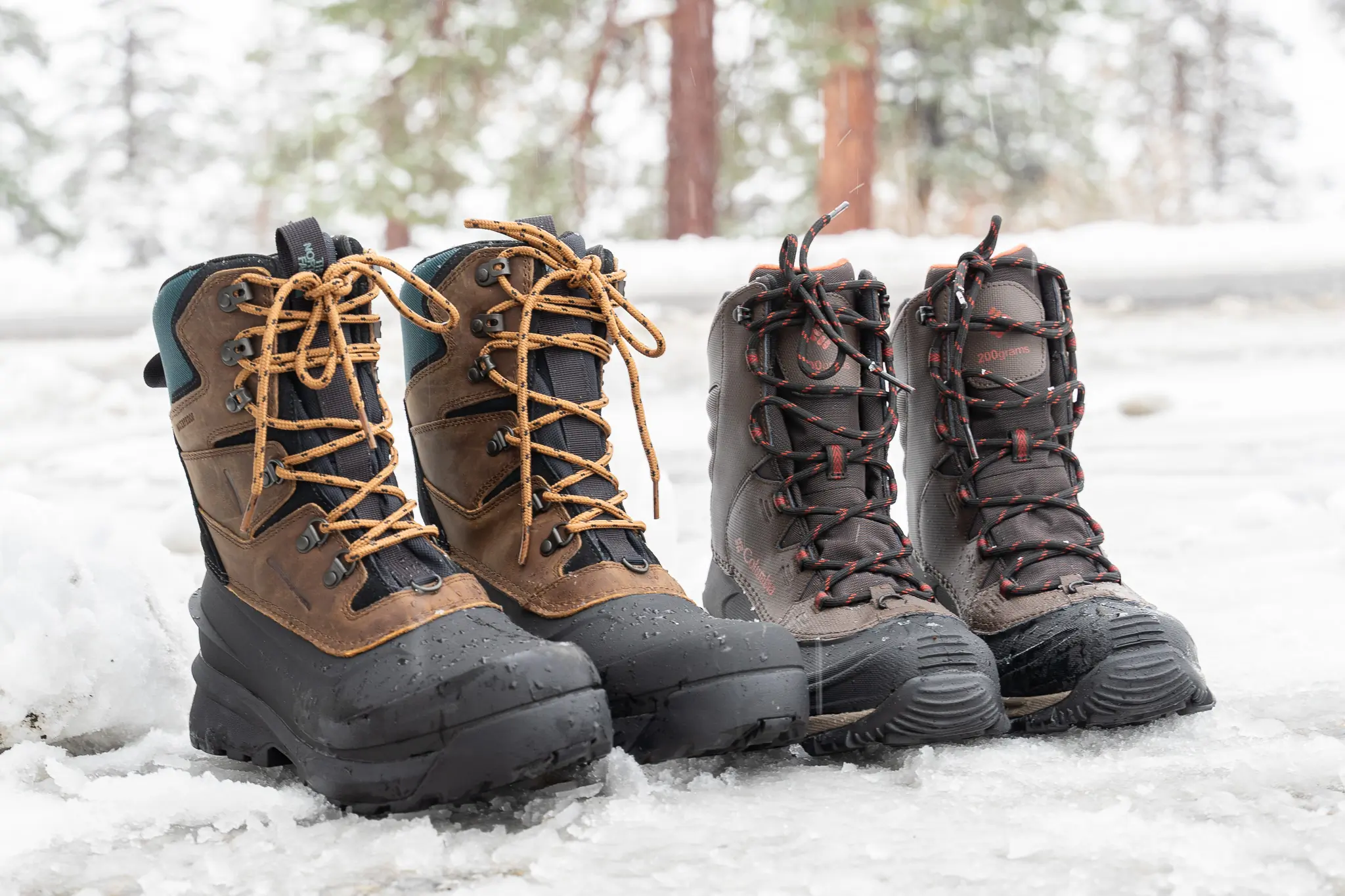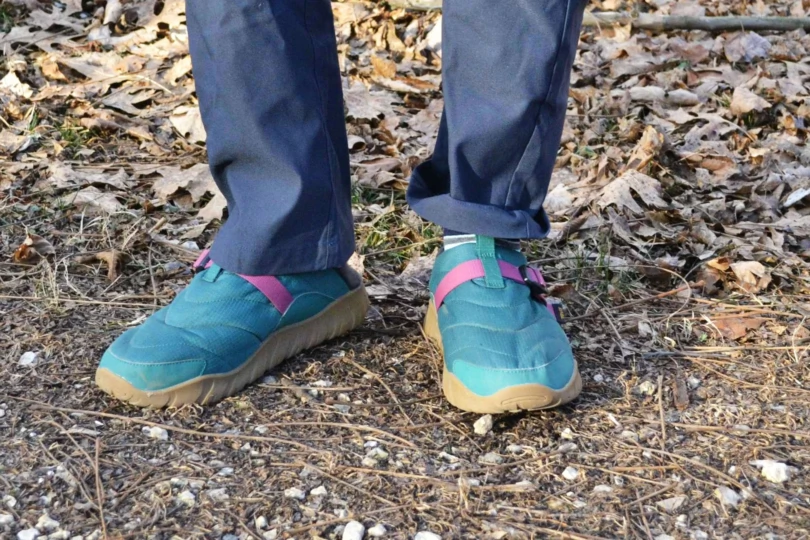Nike unveils its most eco-friendly performance shoe — take a look at what makes the Alphafly Next Nature so special.
As someone who reviews shoes, I’ve typically found that sustainably focused running shoes fall short of their higher carbon footprint counterparts. They just don’t offer the same ride quality, durability, or comfort. This often leaves consumers to weigh whether they are willing to sacrifice performance for sustainability.
But fear not: Beginning later this month, runners will no longer have to sacrifice performance for sustainability. Nike’s pinnacle marathon racing shoe, the Nike Zoom Air Alphafly NEXT%, will have a more sustainable — yet equally high-performing — sibling.
The Nike Alphafly Next Nature, as it’s called, will be Nike’s “most sustainability-minded performance shoe to date,” made with at least 50% total recycled content by weight. Here’s an inside look.
Nike Alphafly Next Nature

The Alphafly Next Nature aims to provide exceptional energy return — and derives its sustainable ethos — via three key aspects:
- a super-responsive Nike ZoomX midsole, made with at least 70% recycled foam
- Nike Air Zoom Pods made partially with recycled TPU
- a propulsive, yet stiff Flyplate made with at least 50% recycled carbon fiber
The upper, which Nike designed to provide both comfort and support, comprises Nike Flyprint, a 3D-printed textile made with at least 20% recycled TPU, and Nike Flyknit, which uses at least 45% recycled polyester (through a process that reduces waste by 60% compared to traditional upper fabrications).
Its outsole is made with a mix of higher abrasion compounds and Nike Grind Rubber (at least 10% in the medial heel and forefoot — and at least 9% in the lateral heel). Its data-informed design ought to optimize traction patterns and wear areas as well.

Plus, Nike’s plush ZoomX Sockliner is 100% recycled PEBA.
Finishing off this Alphafly’s beautiful design are woven labels and laces made with 100% recycled polyester, and a no-sew film made with 50% recycled TPU.
Running Shoes’ Carbon Footprint
As brands recognize the impact that running shoes have on climate change, the movement toward manufacturing sustainable running shoes has been quickly accelerating.
To get a sense of just how much a pair of running shoes impacts the environment, MIT researchers found that one pair of running shoes carries about the same carbon dioxide emissions as leaving a 100-watt light bulb on for a week.
That gives runners something to think about the next time we start to feel good about making sure we minimize our household energy consumption.
What’s interesting is that Nike didn’t just test the waters with a midlevel shoe. The brand chose to go all in with its flagship marathon racing shoe — the Nike Zoom Air Alphafly NEXT%.
“The exciting thing about pushing performance and sustainability forward is that we know if we can do it with our most pinnacle performance products, then so much is validated to then bring that technology into the rest of the line,” said Elliott Heath, product manager at Nike Running.
Nike Alphafly Next Nature: Leftover Materials
To complete the Alphafly Next Nature, Nike got creative using leftover recycled versions of its highest-performance materials, such as ZoomX and carbon fiber. This resulted in Nike making the ZoomX midsole on the Alphafly Nature from 70% recycled materials (by weight).
And the same holds true for the carbon fiber plate. Nike took the scrap pieces of carbon fiber and figured out how to configure them to make new carbon plates.
“Side by side, you’re going to see the same performance benefit,” Heath said. “You’re going to have a propulsive feel from the shoe and you’re also going to have added stiffness to the overall shoe.”
“We were able to take some of the leftover waste materials of the airbags,” Heath said of the plastic bubbles filled with pressurized air, as seen in Nike Air Zoom, “and put them into a 3D printing process to create a textile material upper that is lightweight, customizable and high performance.”
Looking Ahead: Nike Alphafly NEXT% vs. Nature

So, how does the Alphafly Next Nature hold up to the performance standards of the Alphafly NEXT%? I haven’t tested yet, but here’s what Nike says:
“Athletes logged 400+ miles of rigorous product testing simply to ensure that every aspect of this shoe would hold up and meet — and/or exceed — all our expectations.”
And while I’m excited to do a side-by-by test between the two, what I’m really interested in seeing is which version of the Alphafly Nike-sponsored athletes will race in this fall.
The Alphafly Next Nature will be available in late September and retail for $300.



